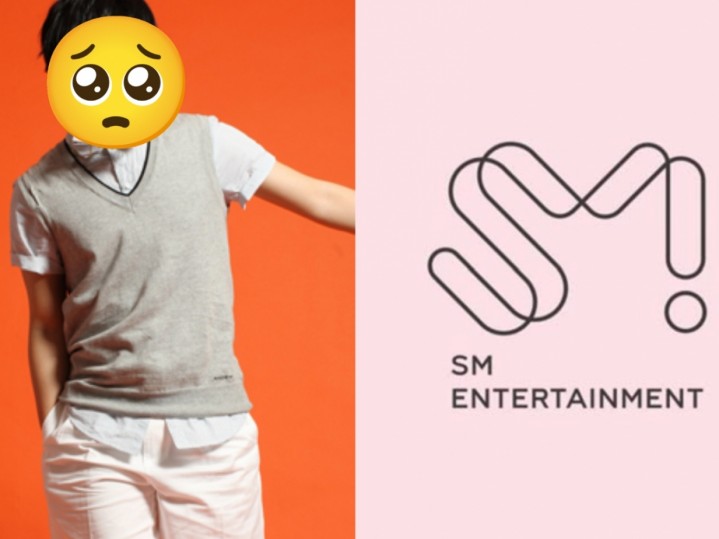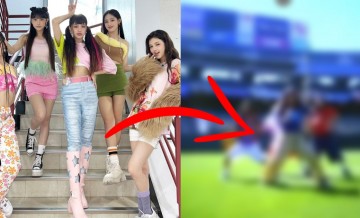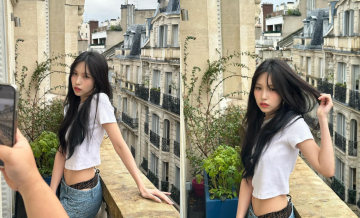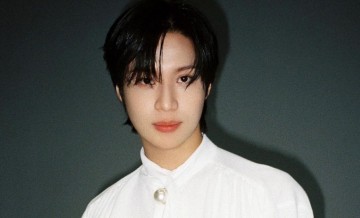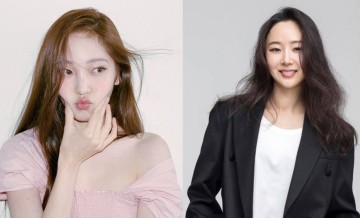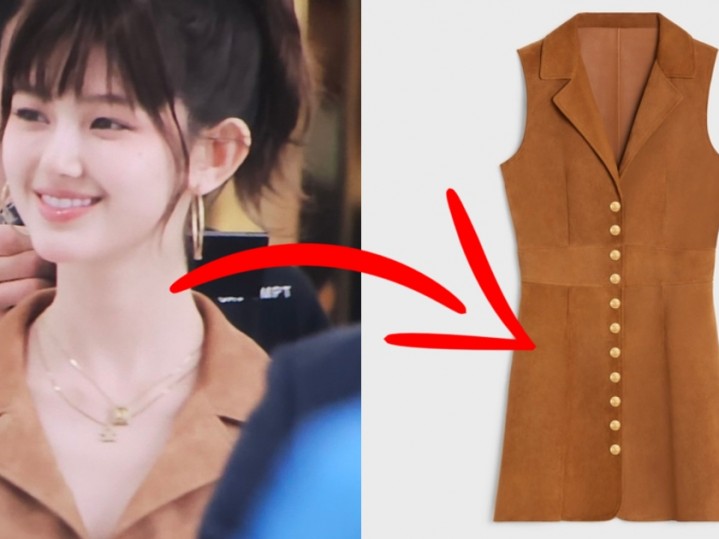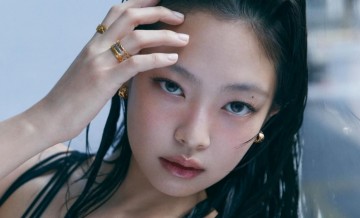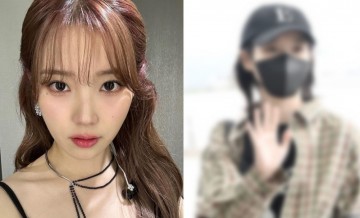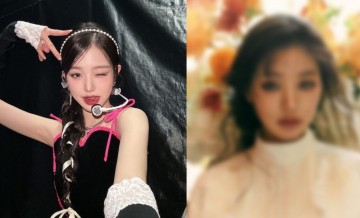K-Pop Blamed For Spike In Teen Plastic Surgeries In NYU Publication: East Asian Studies Professors Discuss The Dangers Of Lookism
Plastic surgery among teens is on the rise in South Korea and K-pop is the cause, according to two members of New York University's East Asian studies faculty.
In an article published Tuesday for the Washington Square News, NYU's daily student newspaper, the faculty members spoke out about the concept known locally in South Korea as lookism-an obsession with physical perfection above all else.
"Perfecting one's appearance via plastic surgery is on the same continuum as maintaining a fit body through exercise," NYU Professor Olga Fedorenko told the paper.
"A failure to take care of one's looks is thus often perceived as a failure of self-discipline and self-care, and thus a signal that the 'not beautiful' individual is deserving of lesser social opportunities."
NYU Professor Thomas Looser believes the expectation for even teenaged K-pop stars to get plastic surgery is an extension of the tightly controlled, slick production associated with the genre.
"The use of plastic surgery, or hair dye or even just clothing are really all just shifting variations within the more globalized expectations of the highly produced, very spectacle-like culture of Asian pop music," Looser said.
"People expect it to be formalized: choreography of dance as much as the formulaic quality of image, and that's what helps people to identify with it."
Fedorenko blames both local economic and global social factors for the fact there is more plastic surgery happening in South Korea than anywhere else in the world.
"The demands on celebrities are a reflection of the importance of physical appearance in South Korea, which has been described by local observers as 'lookism' and is attributed to various factors - from tough competition for employment and social opportunities to neocolonial veneration of Caucasian features, such as big eyes and fair skin," she said.
Cindy Li is a freshman in NYU's college of arts and sciences.
A fan of K-pop artists 2NE1 and Lee Hyoru, she acknowledges the tremendous pressure aspiring performers are under to conform to the genre's strict beauty standards.
"They're not really popular style icons, as much as trying to adhere to a certain style for their fan base and fashion magazines," she said. "There are ideal beauty looks, [like a] small face, big eyes with double lids, small pointed nose and different body lines, that are emphasized in society."
Last month, 2NE1's CL, whose real name is Lee Chaelin, admitted to Elle Magazine that execturives at her record label YG Entertainment told her that she should get plastic surgery before the group's first album came out.
"You know, YG [Entertainment record label executives] told me to," CL said. "They told me to get plastic surgery before my debut. I stood up for myself and said 'No, I'm not doing it.' Like I said before, I love CL, but I still want to be Chaelin. And if I felt like I had to change I would. But I love the natural way I look. I said no and I'm not planning to [get plastic surgery]."
Like Fedorenko, Li believes the globalization of the Western beauty aesthetic has spelled disaster for many young artists.
"It's in tune with white imperialism, especially with the increased U.S. geopolitical influence in the Pacific, creating the wish to be as white as possible," she said.
"Everything is geared toward trying to make [K-pop followers] buy products and make themselves look different, not because the individual wants to but because society wants them to."






